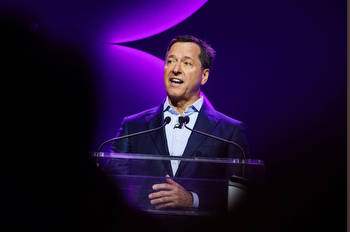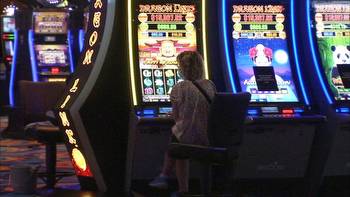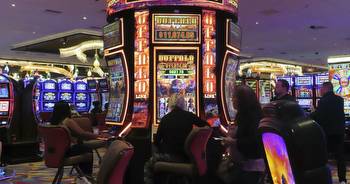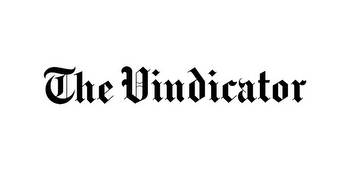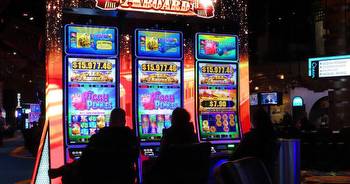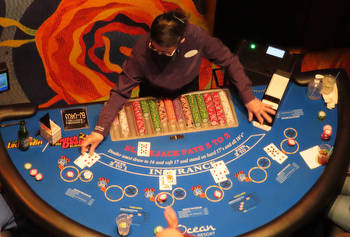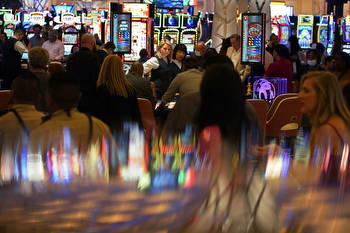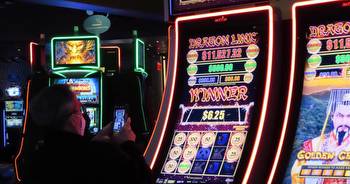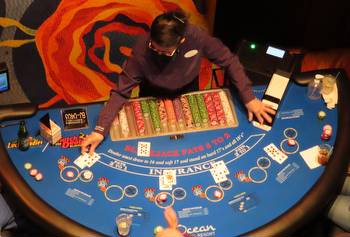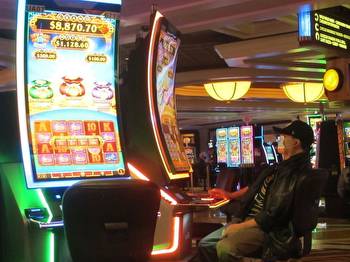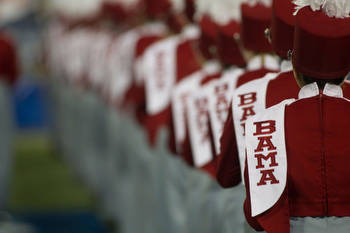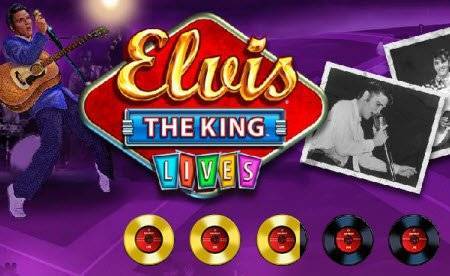SALTER: State’s casinos showing record growth as pent-up demand drives overflow crowds

SALTER: State’s casinos showing record growth as pent-up demand drives overflow crowds
Below is an opinion column by Sid Salter:
How ready were gamblers to return to Mississippi Gulf Coast casinos after COVID and the resulting shutdowns?
Big time ready, it would seem. Back in 2007, as the Gulf Coast began to rebuild from Hurricane Katrina, one of the early signs of recovery was when the Coast casinos earned $124.7 million in the month of July.
In April 2021, the Coast casinos earned a cool $151.7 million and kicked a record $31 million into state and local tax coffers. That’s on top of what the state is taking in through the state lottery and from the sports book.
The Mississippi Gulf Coast now ranks as the nation’s fifth largest gaming market at $1.04 billion, supplanting New York City in that position. The Big Apple is now the nation’s eighth largest market, the position Mississippi held in 2019. That’s the ranking from the American Gaming Association’s “State of the States” for 2021.
The state’s Delta (Tunica/Lula) casinos are the 17 largest gaming market at $445 million, according to the AGA annual report. According to AGA, Mississippi produced $213.8 million in gaming tax revenue off of $1.80 billion in gross gaming revenue.
What the future for gaming in Mississippi? Straight from the AGA report is this assessment.
“A further competitive threat to Mississippi’s commercial casino gaming industry comes from a potential expansion of gambling in neighboring Alabama. While the Alabama market is already served by electronic bingo devices at tribal casinos, a task force was established by Gov. Kay Ivey (R) in 2020 to study the state’s policy options regarding commercial casinos, expanded tribal gaming, a state lottery and sports wagering.
“A report by the Alabama Study Group on Gambling was published in December 2020 and was expected to set the stage for discussions in the state legislature during the 2021 session”
The state continues to encounter sports book competition from states with online sports book access. Mississippi still requires bets to be placed by gamblers whose feet are on the casino barges. Mississippi does not allow online sports book betting.
Clearly, the Legislature faces decisions based on competitive concerns over online gaming from the traditional casino gaming interests. And then there is the state lottery, the state’s most accessible gaming opportunity.
The Mississippi Lottery Corporation raised roughly $80 million for infrastructure and $50 million for public education in their first full year of operations. Rep. Alyce G. Clarke’s legacy lives on through the law she authored that stopped gaming revenue from being spent across the state lines.
Those who opposed the lottery on religious grounds certainly have my respect for their beliefs. But as Mississippians of a certain generation have long witnessed in local option liquor elections, one of Mississippi’s oldest and most reliable political alliances existed between people of faith and people of avarice – the preachers and the bootleggers.
So called “sin taxes” have been on the books all of my life. Total tax revenues collected from smoking, drinking and gambling have exceeded a half billion annually for several years, including the additional general sales taxes the activities generate, according to the State Department of Revenue’s data.
Mississippi voters believe – with varying degrees of factual and historical support for those beliefs – that they have been promised in the past that legalizing and taxing alcohol sales, gaming and other “sins” would provide support for public education and other noble pursuits – and that those promises were often intentional lies.
But despite COVID closures, gaming has played a role in Mississippi’s historic revenue surplus in 2021.








